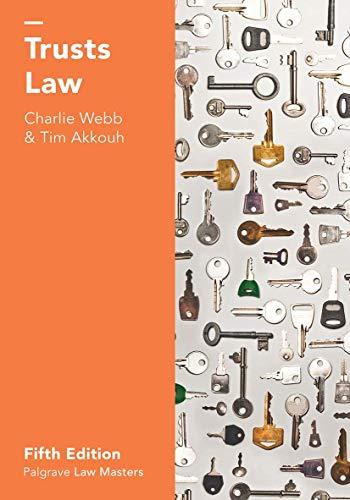Question
You are a 15-year-old whose best friend, Mallory, was recently taken into custody by juvenile officers from your town's police department. You are concerned for
You are a 15-year-old whose best friend, Mallory, was recently taken into custody by juvenile officers from your town's police department. You are concerned for Mallory's future and don't believe that she's done anything wrong. At the time she was apprehended, Mallory had been hanging out with some young people who (she later learned) are gang members. Two of the boys in the group had apparently been carrying concealed handguns, and some others were said to have been in possession of marijuana. Mallory has always had her sights set high and is not like the other young people with whom she was hanging. She's a good student and a junior varsity cheerleader, and she has plans to go on to college and would like to eventually work in the paralegal area. You're afraid that being in trouble with the law might somehow dash her hopes for the future. You're not exactly sure why the police took Mallory into custody. You have heard that she was not close to the people who had drugs or were carrying guns, and you know that Mallory does not do drugs. You've also heard some talk that the police may have used an antigang ordinance recently enacted by the city council in order to take Mallory into custody.
Mallory was just released into the custody of her parents; court in the next day or two. You have talked to Mallory on the phone and learned that she has no idea what to expect when she goes to court. Moreover, her parents-who are very upsethave been berating her and telling her that she could be found guilty as a "criminal" and sentenced to time in prison. You realize that there is a lot of confusion at Mallory's household, and you would like to set her mind and that of her parents at rest. As a criminal justice student, you know something about the differences between juvenile and adult courts, but at the same time, you recognize that you are not an attorney and that you cannot give legal advice. Still, you want to best to explain the purpose behind juvenile court and to give Mallory and her parents an idea of what is likely to happen when she goes to court.
When you visit Mallory and her parents, what will you tell them about the differences between adult and juvenile court? Should she worry about being sent away? And if not,? what do you think will happen to her in court? If you were the, juvenile court judge, how would you handle her case?
Step by Step Solution
There are 3 Steps involved in it
Step: 1

Get Instant Access to Expert-Tailored Solutions
See step-by-step solutions with expert insights and AI powered tools for academic success
Step: 2

Step: 3

Ace Your Homework with AI
Get the answers you need in no time with our AI-driven, step-by-step assistance
Get Started


